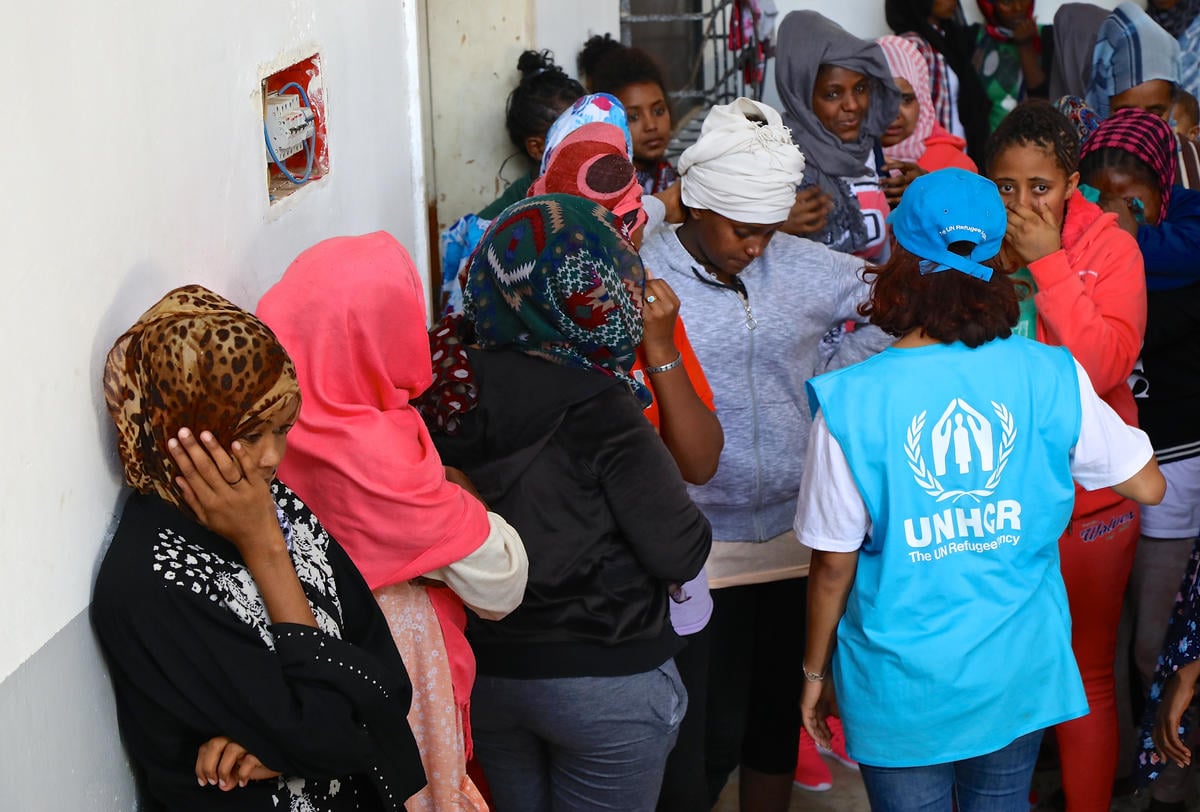UNHCR calls for stronger implementation of protection agreements
UNHCR calls for stronger implementation of protection agreements

TORONTO, Canada, May 19 (UNHCR) - The UN refugee agency is encouraging a wide-ranging debate on how to strengthen its supervision of international protection standards.
"Key to strengthening the implementation of the international protection regime, and in particular of the international instruments underlying it, is a robust exercise of UNHCR's monitoring and supervisory responsibilities," Volker Türk, director of UNHCR's Division of International Protection, told a major conference on forced displacement on Tuesday in Canada. "This conference offers a valuable forum to discuss this issue."
Türk told the gathering of scholars and international legal practitioners at York University in Toronto that UNHCR's role in supervising international protection standards was one of the bedrocks of international refugee protection. And he called for a debate on how to improve that role.
The senior UNHCR official was the keynote speaker on the first day of the four-day "York 2010 International Conference on Forced Displacement, Protection Standards, Supervision of the 1951 Convention and the 1967 Protocol and Other International Instruments."
Türk said the lack of precise rules on how UNHCR is to supervise international agreements on treatment of refugees, asylum seekers and stateless had proved an advantage, allowing the organization the flexibility to develop new methods over the decades.
"UNHCR is not only an operational human rights agency for distinct groups of people but also in effect a treaty monitoring body in relation to various international and regional instruments covering the different groups of concern," he said. As a result, Turk added, UNHCR "is an actor on the international plane in its own right."
Türk acknowledged that UNHCR often faces an awkward balancing act, torn between the need to work with governments and the need to advocate - sometimes publicly - to honour international agreements. He said a name-and-shame approach to those violating treaty obligations could be counter-productive.
Türk called on the conference participants to discuss how to enhance UNHCR's role in supervising the international protection of forcibly displaced and stateless people. This, he said, should build on past experience while exploring new possibilities, such as the creation of consultative bodies.
"We need to remain the voice of reason, work constructively and cooperatively, and be guided by effectiveness, impact and results, as well as deep commitment to accountability towards populations of our concern," he said.









